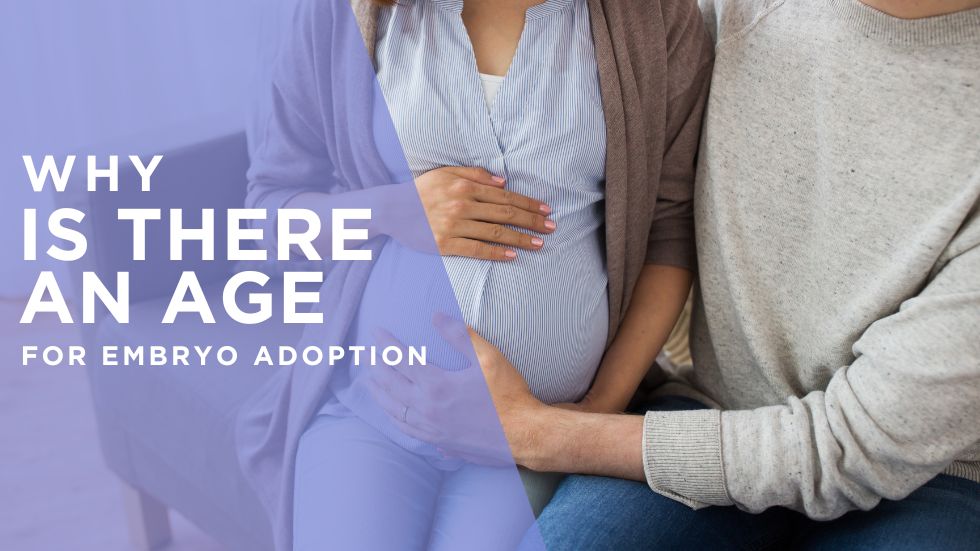Understanding the Medical, Ethical, and Practical Reasons Behind Age Limits in Embryo Adoption
Embryo adoption offers hopeful parents a unique and beautiful way to build their families. It provides a chance to experience pregnancy and childbirth, even when traditional conception methods may not be possible. However, if you have been exploring this path, you may have come across something surprising: age restrictions.
Why do programs and clinics place age limits on embryo adoption, especially when there is no legal maximum age to become a parent? The answer is rooted in a combination of medical realities, ethical responsibilities, and the goal of ensuring the best outcome for both parent and child.
The Role of Age in Fertility
To understand why age matters in embryo adoption, we first need to look at how age affects fertility. Women are born with all the eggs they will ever release in their lifetime. As a woman ages, both the quantity and quality of her eggs decline. This means that after her 20s—when fertility is at its peak—a woman’s chances of conceiving naturally begin to decrease. After age 35, that decline becomes more rapid. By age 45, most women are unable to conceive without medical assistance.
While embryo adoption bypasses the egg quality issue (since the embryos have already been created), the woman’s body must still be able to carry a pregnancy. And that, too, is affected by age. The uterus may still function, but the overall health and physical demands of pregnancy increase with age.
Health and Safety Considerations
Pregnancy at an older age can come with serious medical risks. Women over 40 are more likely to experience complications such as:
- Gestational diabetes
- High blood pressure
- Preeclampsia
- Premature birth
- Placenta previa
- Cardiovascular strain
Because of these risks, many fertility clinics require thorough medical evaluations for women over 40. For example, the Florida Institute for Reproductive Medicine recommends cardiac testing—such as an EKG and stress test—for patients over 45, due to the intense cardiovascular demands of pregnancy. If a woman is over 50, some clinics will not perform an embryo transfer at all.
Additionally, many clinics require medical and psychological evaluations to assess whether the prospective parent is physically and emotionally prepared for pregnancy and parenting. The goal is not to discriminate—it has to safeguard both the health of the mother and the well-being of the future child.
Practical and Ethical Reasons for Age Requirements
Beyond health, there are psychosocial and ethical reasons for age limits. Parenting is a lifelong commitment, and agencies want to ensure that adoptive parents will be able to care for and support a child well into adulthood. A woman who gives birth at 55, for example, will be 75 when her child turns 20. That gap can raise concerns about energy levels, longevity, and the ability to navigate the challenges of raising a teenager or young adult.
Agencies may also consider the preferences of the embryo donor families, some of whom request their embryos be placed with families under a certain age. Respecting these wishes is part of the matching process.
Though age requirements in embryo adoption can feel like a barrier, they are designed to support positive outcomes for both adoptive families and the embryos being placed.
Clinics and agencies have a responsibility to ensure a safe, healthy environment for the child’s development—starting with the health and readiness of the mother. If you are navigating uncertainty or have concerns, it is wise to speak with an experienced embryo adoption program or fertility clinic. Their insight can provide clarity, answer your questions, and guide you toward decisions that reflect your values and hopes for the future.
To learn more about embryo adoption and donation, visit EmbryoAdoption.org.


Recent Comments